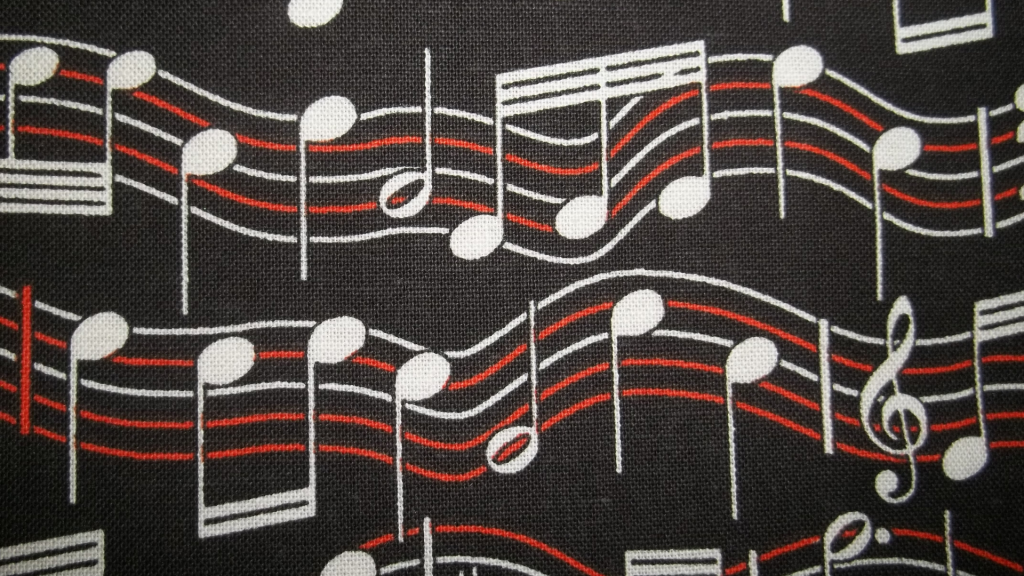It is necessary to learn the chords, notes, and fingering of all the piano keys. It is also necessary to learn to read sheet music (including chord symbols) and to play by ear (playing by memory). Given the difficulty of learning new chords and reading sheet music, which of these learning techniques do you find easier, and why?
There are countless ways to approach music-making that take into account the multitude of possibilities that music has to offer, but I believe that one of the most important skills for any pianist is knowing how to play chords. It’s an important part of how we interact with notes, and I believe it’s crucial to be able to play them.
Why Chords are important
If you play an instrument, you’ve probably heard the term “chord.” This is simply a musical note, as opposed to a musical “notehead.” Musicians use chords to create the various musical notes that make up the songs, and they can also sound great when played solo. This section is part of an article on why chords are important, and it describes how they are used in different styles of music.
When learning any musical instrument, there would be certain things that need to be clear before proceeding to take lessons. When learning How to play piano for beginners, future musicians would have to understand why chords are important. They are the building blocks of music. A chord is any combination of two or more notes sounded together. Chords may be played on a variety of instruments, from a guitar to a piano to a flute. There are a couple of things a chord does for a song. One, it creates a melody, a simple repeating line. Two, it creates harmony, the combination of two or more notes that creates a richer, more complex sound. We can play chords on any instrument. The melody and harmony created by the chords we play lay the foundation for the song we sing or play.
Understanding Chord Progressions
Chords in music are built upon the notes of a scale, which are the notes of the octave. Understanding how chords work and how to play them is essential for any musician, and this blog is dedicated to exploring the exciting world of chord progressions and their harmonic and melodic potential.
In piano music, a chord progression refers to the succession of chords in a melody. When a composer writes a piece in a certain key, he usually begins with a keynote in that key, and then builds a chord progression in a certain order. The chords that a composer uses depend on several factors, such as the key, the tonality, the mood, and the length of the melody. The progression is very important in the creation of a melody.
All the major scales are built out of smaller intervals, or half-steps. The major scale is just the first six of these intervals, made up of the tonic, third, fifth, seventh, and octave. If you’re just starting to learn about chord progressions, you might want to start with the most basic scales, so you can build chord progressions out of them.
Knowing the Basics of Piano Chords
A chord is a group of three or more notes played or sung together in a musical piece. You can use a piano, guitar, or any type of string instrument to play chords. If you want to know how to play piano chords, you can start with this tutorial.
Piano chords are the foundation of most popular music, so knowing the basics is important for aspiring musicians. They are the building blocks that make up the chords that makeup songs.
Learning piano is a lot like learning guitar. As most budding musicians learn, there is a lot to learn before you’re ready to jump into the deep end and begin playing whole pieces or complex pieces. Nevertheless, we all must start somewhere.
Conclusion:
It’s no secret that learning to play the piano is the single most important thing you’ll ever do for your music education. The piano is the foundation of music, and without being able to play the basic chords, music is just a bunch of notes strung together. As a pianist, you’ll be expected to know the basic chords of the language you’ll be playing in, so you can apply them in any given musical situation. And, even if you’re not a pianist, the piano is still an instrument worth being able to play. So, if you want to do anything musically, whether that be playing music or just enjoying listening, you need to know how to play the piano.


